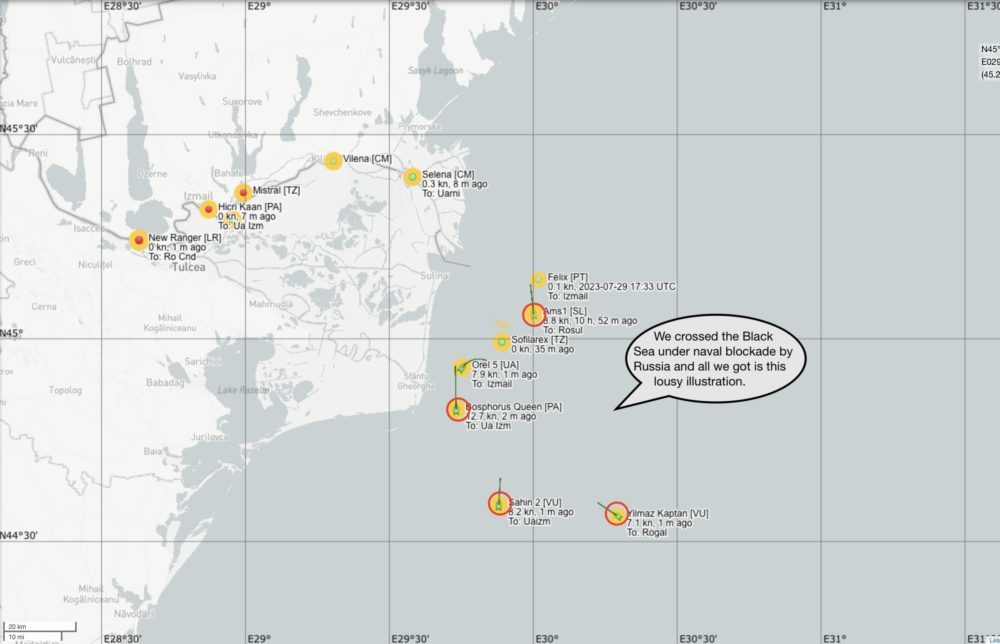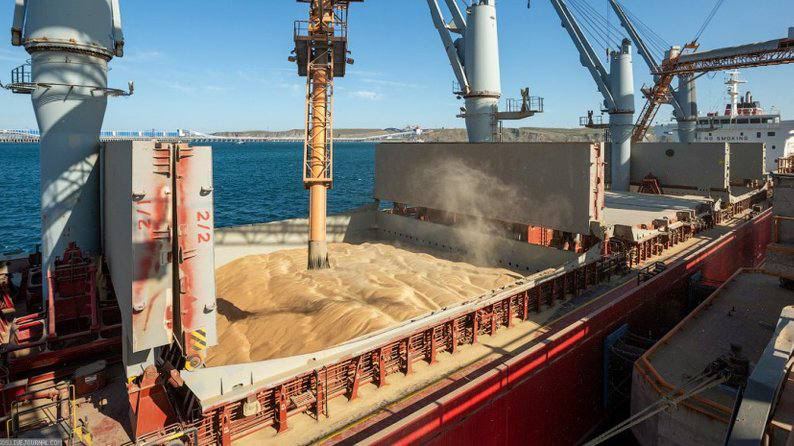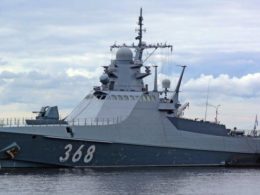At least six ships have flouted Russia’s naval de-facto blockade of Ukrainian ports in the Black Sea, OSINT investigator Marcus Johnsson reported, citing naval tracking data. One coming from Israel has already entered the Ukrainian branch of the Danube.
In the night of 30 July, three civilian ships — Ams1, Sahin 2, and Yilmaz Kaptan, coming from Israel, Greece, and Türkiye/Georgia — sailed direct routes over the Black Sea, openly advertising destination Ukraine over AIS.
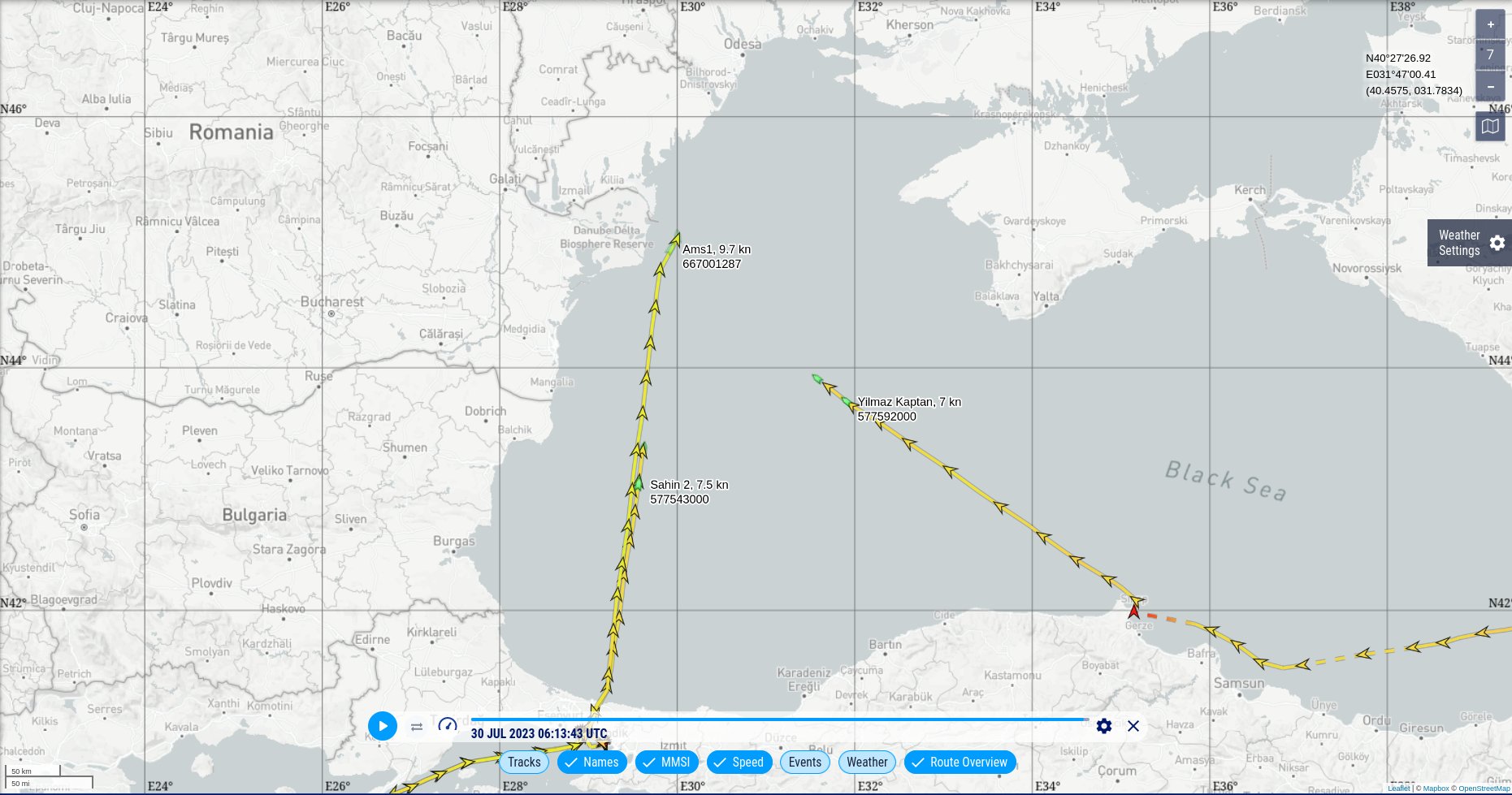
“These ships seems to navigate freely over Black Sea, in contempt of the alleged threat that Russia will treat any ship, civilian or not, heading for Ukraine as potential targets,” Marcus Jonsson wrote.
Jonsson corroborated the positions of the ships with satellite imagery and found that their AIS location matched their actual positions.
The first ship to enter a Ukrainian port was the Israeli-origin Ams1, which entered a Ukrainian branch of the Danube.
“She was the first ship to break Russia’s Black Sea blockade after the July 25th Reni-bombing. Starting her trip Ashdod, Israel she openly advertised destination Ukraine as she traversed Black Sea on a straight course. Brave mariners,” Jonsson tweeted.
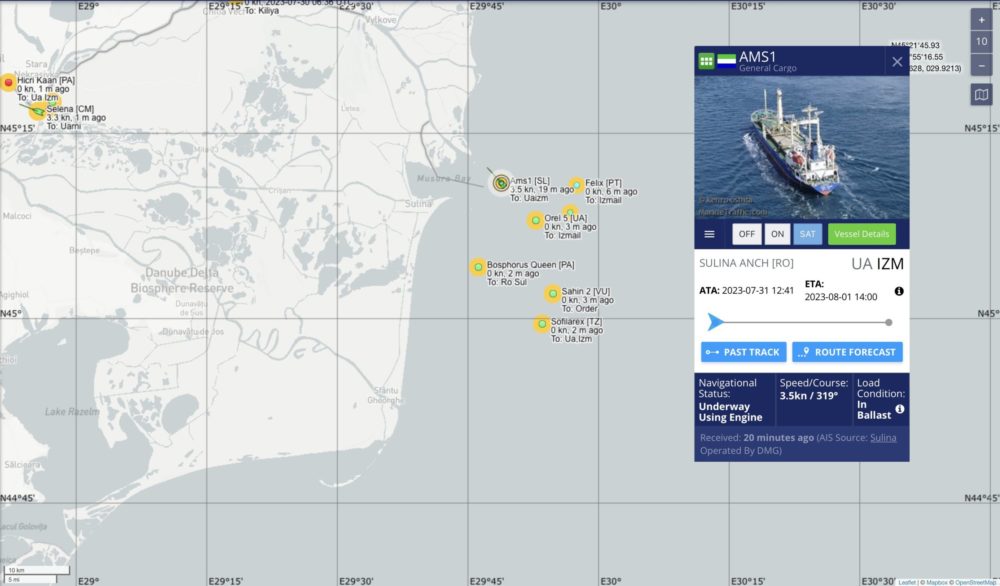
The American P8 anti-ship aircraft ensures the safety of the vessel. It is refueled right in the Romanian sky. Additional reconaissance is provided by the Forte12 RQ-4 reconnaissance drone.
Three more ships, Sealock, Bosphorus Queen, and Afer, have also crossed the waters of the Black sea towards Ukraine’s ports on the Danube.
As expected, vessels Sealock and Afer continues on course straight for Ukraine. Russian Black Sea fleet be damned.
— Markus Jonsson mastodon.world/@auonsson (@auonsson) July 30, 2023
Above the Danube anchorage with the 4 ships who already made it past Russias ”blockade”, a US P8 anti-ship aircraft is keeping them safe.
Good night. pic.twitter.com/8AthRXQiiy
All six ships have Turkish management, Marcus Johnsson writes.
Meanwhile, BlackSeaNews editor Andrii Klymenko has observed that the number of ships is actually higher and reaches 16. Most of them are in the territorial waters of Romania. He believes that the termin “blockade” is not applicable to Russia’s actions in the Black Sea because the warships do not actually engage in any active counteraction, merely attempting to intimidate the civilian vessels.
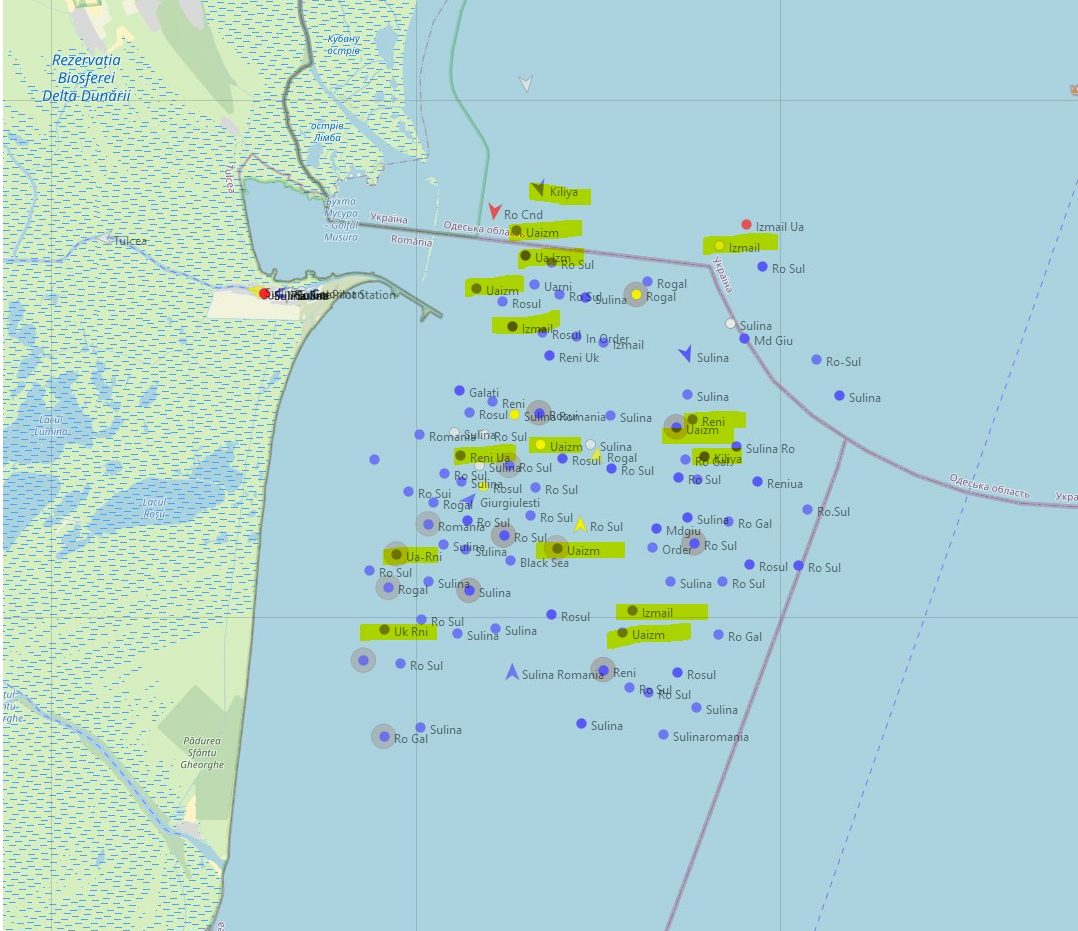
One possible way that the Russian warships are kept at bay is via attacks of marine kamikaze drones. On 25 July 2023, seven days after the termination of Russia’s participation in the “grain corridor,” the Russian Defense Ministry announced a night attack by two surface drones on the patrol ship “Sergei Kotov” of the Russian Black Sea Fleet. It was performing a “navigation control” mission in the southwestern part of the Black Sea, 370 kilometers from Sevastopol (130 kilometers from the Bosphorus), in Türkiye’s exclusive maritime economic zone, Klymenko writes.
“Even though the ship reportedly remained intact, such strikes increase the risk of losing more ships, actively discouraging Russians from more aggressive movement and confirming that Ukrainian forces are still exerting some control over the Black Sea and limiting Russian mobility,” concludes our latest Frontline Report.
Russia’s “blockade” of the Black Sea
On 17 July 2023, the Russian Federation withdrew from the Black Sea grain initiative, an UN-brokered agreement to unblock Ukraine’s ports and export its grain, and stated that it would not guarantee that it will not attack civilian vessels after that date. The Ukrainian defense ministry mirrored Russia’s threats to ships at sea.
After that, Russia launched massive missile attacks on Odesa and the region with missiles and drones, destroying ports, granaries, residential buildings, and other facilities.
NATO has condemned the Russian attacks but has thus far only vowed to increase surveillance. Meanwhile, Ukraine has changed the course of its grain corridor so that it stays within Romanian waters. Reportedly, the US declined Ukrainian requests to escort commercial vessels in the waters of NATO countries to ensure that the grain corridor keeps functioning.
The Institute for Study of War has observed that Russia seems intent on enforcing a de-facto naval blockade of the Black Sea by intimidating civilian vessels in it. Particularly, a Russian warship told a ship that sailing to Ukraine could get it treated as a military target, according to an intercept shared by Ukrainian officials on 28 July.




